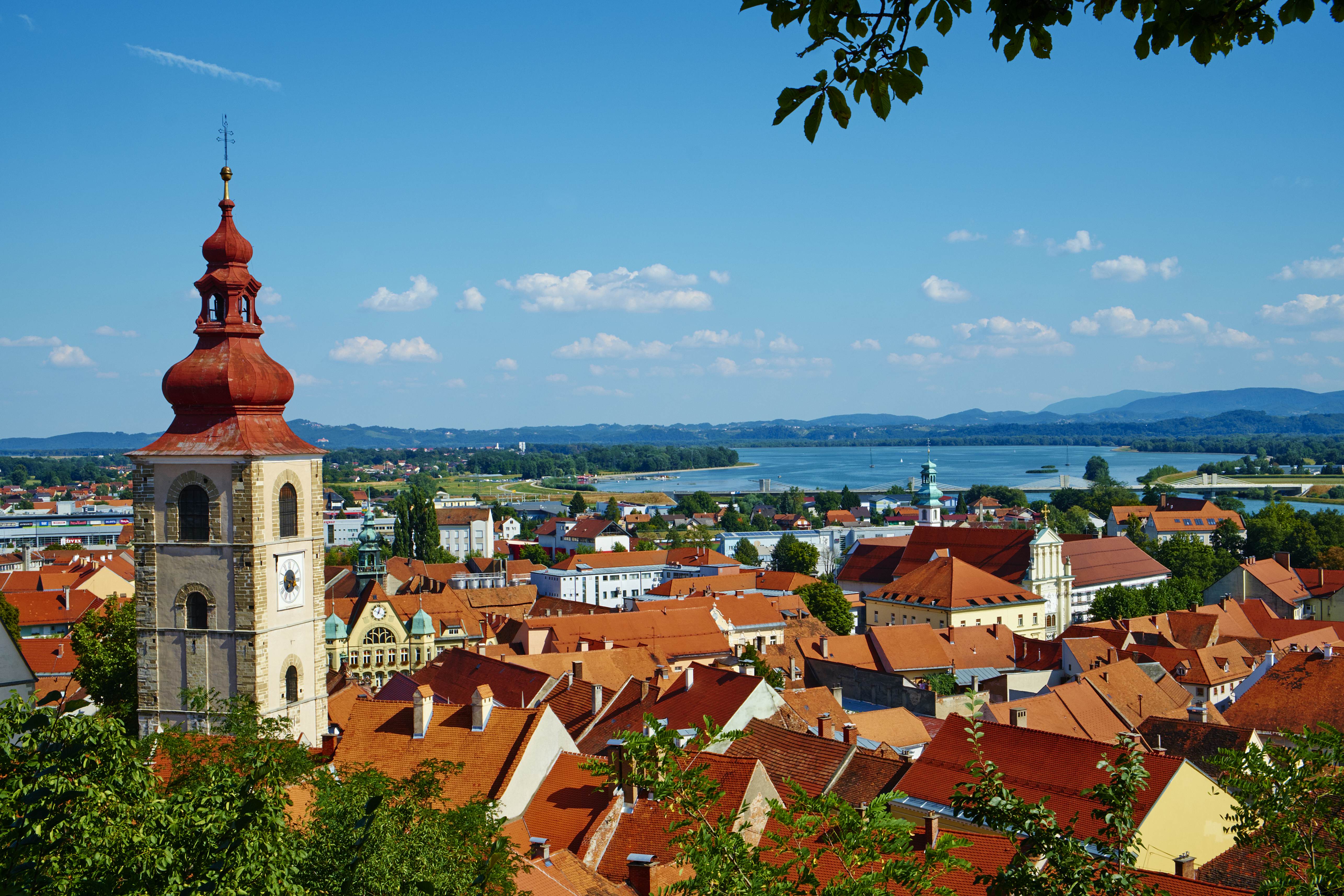

Brian Grodsky, looking at Poland, evaluates what happened when members of pro-democracy movements entered the state after the fall of communism. How each country responded to the political and economic reconfigurations is undoubtedly affected by their economic circumstances, political landscape and historical background.Ĭontributors for Government & Opposition have been active in researching these specific aspects, comparing concrete country cases. Several scholars investigated how CEE countries experienced the transformation from a communist state towards an integral and important part of the European Union. On both sides, institutions, policies and even social values required adjustments. The inclusion of new member states in the EU created widespread public uncertainty about its consequences for both the new members and the EU itself. But “the return to Europe”, as Tadeusz Mazowiecki, the former Polish Prime Minister, called it in his 1990 speech at the forum of the Council of Europe in Strasbourg, was not always smooth. Without a doubt, the EU enlargement contributed to the re-unification of the continent.
#CENTRAL EUROPE SLAVANIA HOW TO#
One of the two founding political scientists of Government & Opposition, Romanian anti-totalitarian militant Ghita Ionescu, wrote in 1972 that he believed the Eastern European states would ‘rejoin’ Europe, but that they would do so all the sooner if the European Community and its member states knew how to adopt the right policies towards them. The enlargement process was not only seen as advantageous for Europe by bringing to an end a long-lasting artificial divide, but it was also assumed that the integration of the post-communist states will be beneficial to their democratic consolidation. Government & Opposition introduces its second Virtual Special Issue for 2019, focusing on the evaluation of political experiences in CEE after joining the EU. The accession of Czechia, Estonia, Hungary, Latvia, Lithuania, Poland, Slovakia and Slovenia followed by Bulgaria and Romania only three years later, marked the EU’s biggest enlargement. Introduced by Veronica Anghel and Adrian Favero*.ġ5 years ago, on, eight post-communist countries from Central and Eastern Europe (CEE) joined the European Union (EU).


 0 kommentar(er)
0 kommentar(er)
